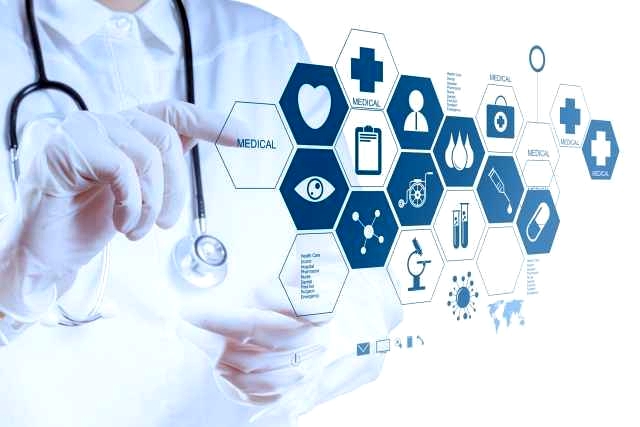Technology and the evolution of care

As healthcare delivery continues to evolve, healthcare technology needs to be there to support it. But, how will technology facilitate healthcare as we move forward?
Healthcare accessibility, especially for certain populations, continues to be problematic. The expansion of telemedicine has the potential to improve access, especially for populations that have difficulty accessing care, such as those with mobility or transportation issues. Additionally, looking from a primary care standpoint alone, a fair percentage of patient visits can be conducted remotely while continuing to insure care quality. Telemedicine can extend a clinician’s reach by freeing up office time for those who gain extra benefit from being seen in person. However, the technology must support both the clinician and patient interaction, while not creating new barriers.
Potential barriers can come not just from factors implicit in the technology, but from the way it is implemented as well. For example, simple things such as a clinician needing to turn his or her back to a patient to access the system disrupts the clinician/patient relationship. Workflow considerations need to be front and center for all technology-related changes.
Leverage what you have -- especially the data
There’s continually a desire to pursue the next shiny object, the next buzzword, the next big technology. But it comes down to why? What are you trying to accomplish with new technology that you can’t already do today? If it serves a strategic goal, then the new technology may be highly beneficial, but have you optimized what you are using now?
Electronic health records (EHRs) and other healthcare technology have brought us a plethora of data, but how many of us are using this data effectively?
The original goal of capturing data in EHRs was to improve care. We need to use that data to understand and improve care delivery. Sometimes that requires new technology, but whether one is using new technology or not, improving care requires a change in the way business is conducted.
Are AI and machine learning the future of healthcare?
Both AI and machine learning are likely to be integral components of healthcare’s future, but the underlying culture and business framework supporting these technologies will determine if we are able to get the most from them. Differences in organizational culture and business processes often explain why some succeed and others fail using the same technology.
The change management required to take advantage of technology is an integral part of the process. Advancing to the next level requires clear identification of what one wants to do. Approaching any new program or idea with a couple of illustrative use cases can help clarify a discussion about the workflow and other changes that are needed to obtain the desired outcomes.
No matter what technology brings, keeping workflow and desired outcomes in focus is likely to increase the likelihood of success.
Image Credit: everything possible / Shutterstock
 Dr. Michael Blackman joined Allscripts from McKesson and now provides medical leadership across the Allscripts CareInMotion suite. Passionate about looking for methods to improve care, he has worked with multiple hospitals and health systems to improve how EHRs are used to both advance patient outcomes and improve clinician workflow. Additionally, he was a leader in the early work to enable widespread use of electronic prescribing of controlled substances (EPCS).
Dr. Michael Blackman joined Allscripts from McKesson and now provides medical leadership across the Allscripts CareInMotion suite. Passionate about looking for methods to improve care, he has worked with multiple hospitals and health systems to improve how EHRs are used to both advance patient outcomes and improve clinician workflow. Additionally, he was a leader in the early work to enable widespread use of electronic prescribing of controlled substances (EPCS).